Notes Toward New Religions
In the barren landscape left by the secular toppling of religious and spiritual authorities, one in four adults in Gen Z have contemplated suicide. This mental health crisis is the compounded product of insecurity produced by transformations to the labor market, the burden of student debt, systemic racism, a pandemic, declining economic mobility, and a variety of other problems that demand political solutions. Yet, alongside transformative government programs, there’s a manifest need for fresh tools to help us cope with our suffering, and we should explore the possibility that new religions can provide them to us.
In secular societies, we’re raised to recognize that scriptures are unreliable historical records, that philosophical arguments for God’s existence are unconvincing, and that many New Age books are stuffed with delusions and self-deceptions. At the same time, secular resources can’t supplant the role of religion in our lives, because, in the words of the Henry Putnam Professor of Philosophy at Princeton University, Mark Johnston, religion serves the unique function of reconciling us to “certain large-scale structural defects in human life that no amount of psychological adjustment or practical success can free us from”: “These include arbitrary suffering, aging (once it has reached the corrosive stage), our profound ignorance of our condition, the isolation of ordinary self-involvement, the vulnerability of everything we cherish to time and chance, and, finally, to untimely death…” At this transformational moment in American religious history, with vast numbers of people disaffiliating from existing traditions, we should begin exploring the creation of new religions to address these enduring sources of suffering.
***
Religious innovation can begin with recognizing that our lives might possess a transcendent purpose. To some, the phrase “transcendent purpose” will reek of spiritual fantasy. Many contemporary scientists argue that nature as a whole doesn’t exhibit any “teleology,” any striving toward a purpose, like the growth in evolutionary complexity. They point out that, 66 million years ago, the earth possessed startling biological richness—feathered dinosaurs, giant marine reptiles, raptors under crater-lakes of boiling lava—and then a stray asteroid decimated our planet’s diversity. Animals stampeded into the landscape’s vanishing point and whimpering brontosaurus hatchlings crawled back into their broken eggs. Where in that picture is any discernable “purpose”?
What these skeptical voices overlook is the possibility that the transcendent purpose to grow in harmonious complexity exists in a struggle against chaos. By this view, chaotic accidents don’t disprove the existence of this purpose, because the purpose could be present in its resistance to these threats. After the catastrophic asteroid impact, birds returned from their improvised migrations, burrowed animals rose with a new gentleness in their bodies, and life renewed itself from those extinctions. A transcendent purpose could be understood to have fought through chaos.
Recognizing the plausibility of a transcendent purpose in this way, I eventually came to accept its existence for a few further reasons. Scientists don’t understand how the most profound states of human consciousness were present from the beginning of time on the menu of evolutionary possibilities. Nothing can exist on earth that did not exist in potential from the moment of the Big Bang. Just as it is a predictable property of a seed to sprout into a plant, so the particles that exploded from the Big Bang must have held the property of being able to evolve into humans.
In this sense, our most profound experiences of wonder and beauty were present at the beginning of our universe, planted there perhaps by beings that are unimaginable to us now.
Moreover, these experiences of wonder communicate the felt conviction that we are parts of a plan that transcends us. Out of darkness before our births, we arrived in a world of coral and pine, Italian arias and Christmas lights strung from the mast of a docked sailboat. A prehistoric woman perhaps stood once under the refining fire of the sky’s unidentified constellations, still and spellbound with this wonder’s central, single, certain reality. This entranced patience and trust isn’t sufficient for me to know that a transcendent purpose exists, but it is enough to give me faith in that extreme hope.
***
In my view, the fact that we can’t identify further evidence for a transcendent purpose shouldn’t keep us from embracing it, because most of what will become the totality of human knowledge still awaits discovery. Scientists have only recently begun formal explorations into the nature of reality. The scientific revolution that launched the modern fields of physics, chemistry, and biology began four hundred years ago, and humans will likely survive for at least tens of thousands of years more. Scientific progress will compound for millennia, while technological advancements in artificial intelligence augment the human intellect to the point our current perception of existence will seem as narrow as a tadpole’s. The evidence for the worldview presented here could arise after we die.
Faith should be recognized once more as a virtue in society because, without it, we can only form beliefs once we have perfect certainty in their validity, which traps us in the partial knowledge of our arbitrary point in history. We can either blind ourselves to this fact or welcome religious innovators who present fresh conceptions of faith within the scope of what distant generations could uncover about existence.
Faith can be reimagined as a brave wager on the discoveries of our descendants.
***
Given the inevitable cloudiness of faith’s perception of hidden realities, we need vivid myths to illustrate the transcendent purpose for our earthbound imaginations. The human desecration of the climate and the threat of chaos endanger the purpose’s mission to grow in harmonious complexity. In light of the purpose’s vulnerability, I hold it in mind by the image of an elderly parent carried on our backs: she can guide us, but she needs our help to survive.
I call this imperiled purpose the Motherling. She is not a conscious creature like us. She is the light of our shining minds, hitched to the Big Bang’s first atoms to travel the slow course of evolution in secret, like a stowaway, until she could blossom into the consciousness of creatures that could be her protectors. Our minds are cluttered by selfish, defensive, resentful thought patterns, but under this detritus is the heart of our humanity, the inborn presence of the purpose of the universe, which we intuit at rare moments in wonder’s frozen radiance.
At least, that is what I believe. This vision of life won’t erase our mental health struggles, but it could provide an anchoring for my generation during this period’s vicissitudes and enrich our lives with meaning. In any case, while this worldview anchors my own life, I present it here less to argue for its personal value than to provide an example of what it might mean for us to awaken our religious imaginations. A famine’s wailing emptiness consumes my suffering generation, and fresh resources need to emerge to nourish us. We must explore the possibility that new religious traditions, like the one that I begin to sketch here, can offer us the help for which we are desperate.


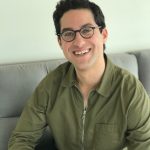
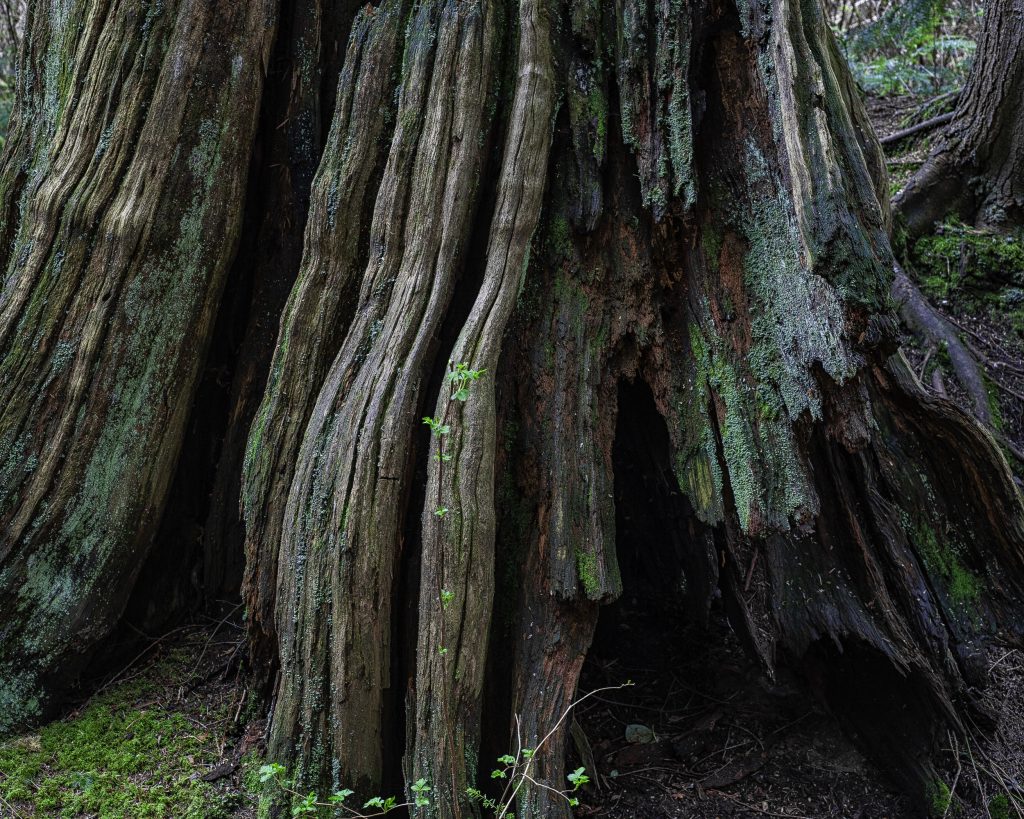
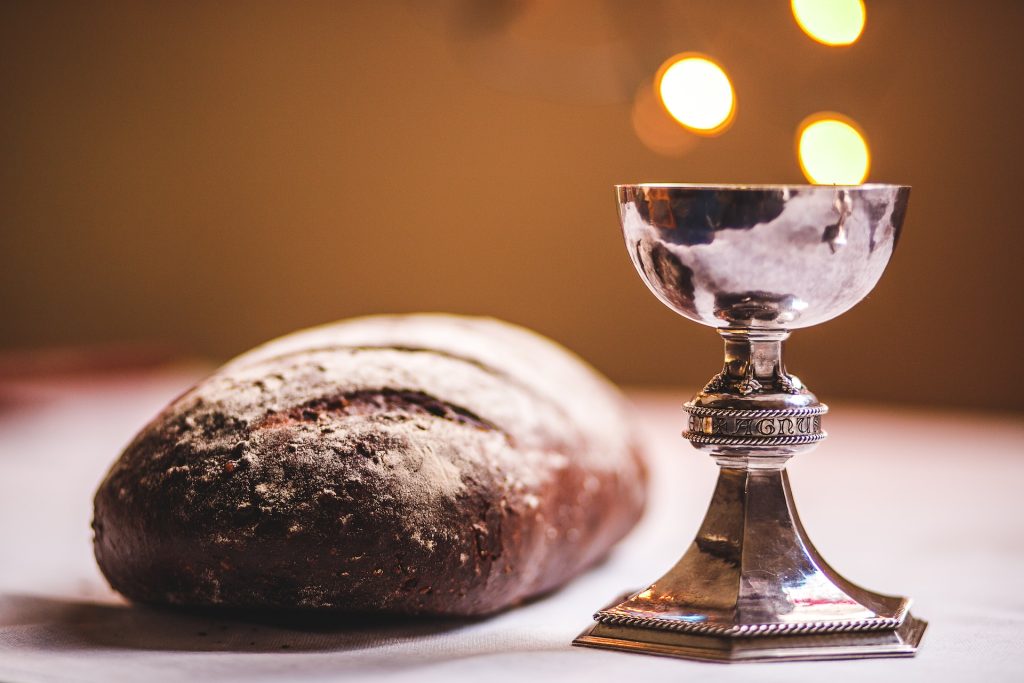
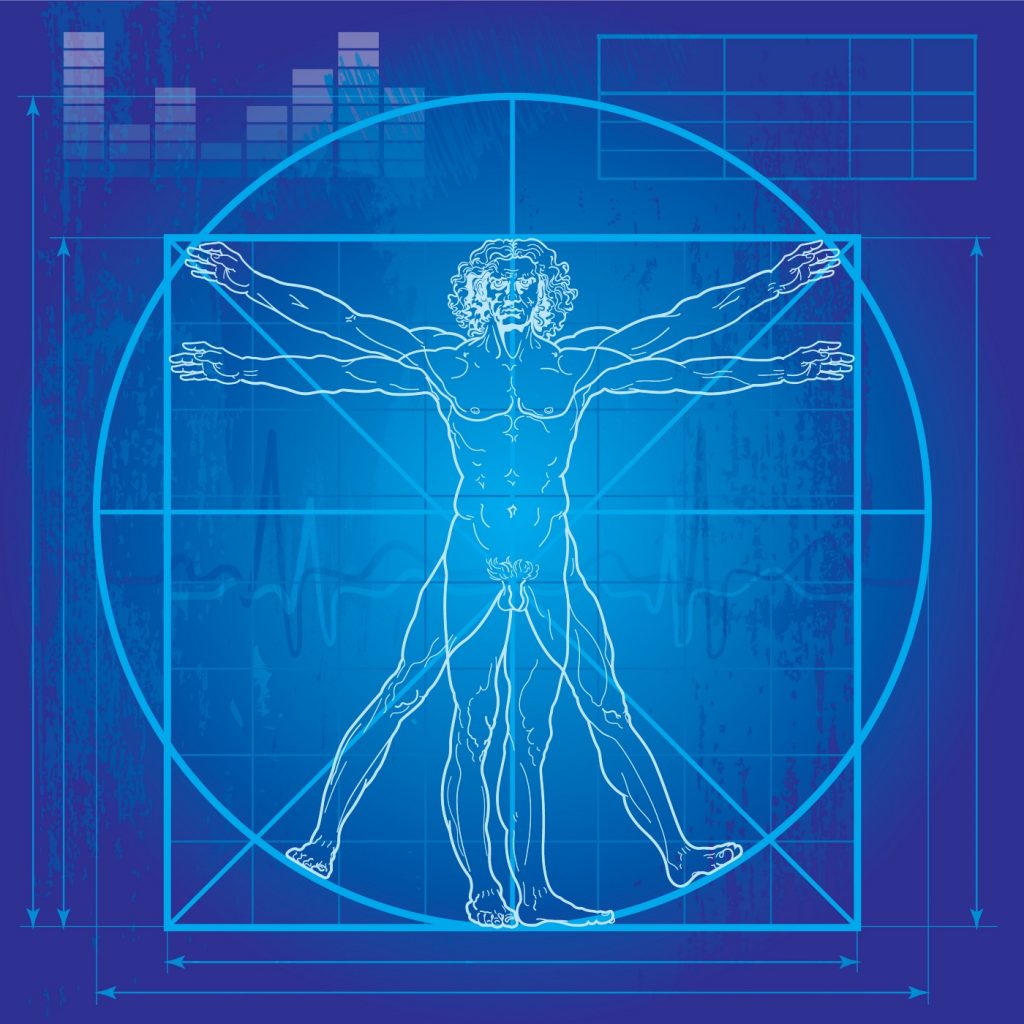
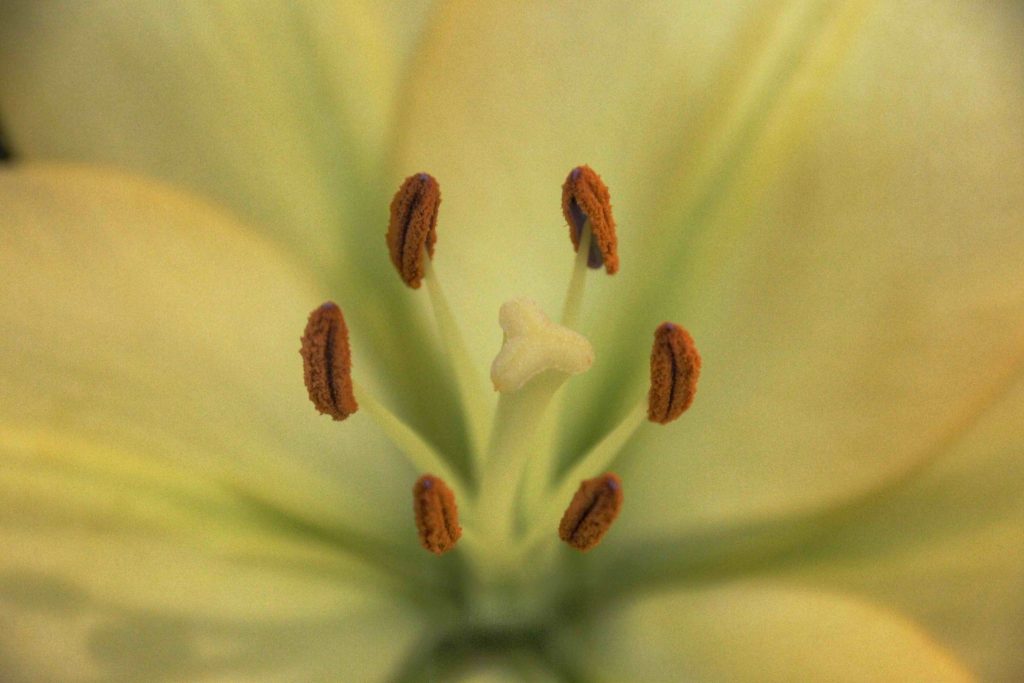
Thanks for this thoughtful piece.
I resonate with the Motherling image, though I find the author leaves her too small and too dependent on us. The Great Mother archetype shows up in many ancient traditions, as the root if all life, all creativity. And she is not, at essence, human. She is so much greater than that. I find her in the lichen and moss growing on the stones in the woods I walk in, in the greenery returning every spring, in the small birds vying fiercely for the nesting box I made. Perhaps we simply need to step out of the human mind at times, and simply take in the wonder of creation, which was here long before us and will be here long after.
On questions regarding the Meaning of Life, I keep going back to Viktor Frankl’s work. As I read him, he advises that we not try to form grand theories of life sitting in coffee shops or at desks, but rather by leaning in to the experiences unfolding right in front of us. By doing that, meaning can unfold over time as we live into our experience. So maybe it’s: be awake, be curious, don’t throw cognitive nets over our experience, and allow meaning to take its own form.
Hi, Mr. Prindle. Thank you for this extremely thoughtful comment. I’m grateful for it. I really agree about the importance of stepping “out of the human mind,” and I will continue reflecting on your words to this point. And it’s wonderful to hear about how you experience the wonder of creation and natural creativity. I appreciate your reading the piece and sharing your insights. – Alec
Lovely poetic article! Has Alec come across ‘panspiritism’? It’s a more refined and spiritual version of panpsychism. He might be interested. See https://onlinelibrary.wiley.com/doi/full/10.1111/zygo.12649
and
https://philosophynow.org/issues/131/What_is_Panspiritism
Thanks very much for this comment and for sharing these links, Don! I’m not familiar with panspiritism and look forward to exploring it.
Alec Gewirtz
One of the clearest spiritual guides which has found ‘me’, over the decades since 1975, is the Tao Te Ching.
The translation by Wing-tsit Chan is frequently in the hands typing this along with many others including
Witter Bynner’s